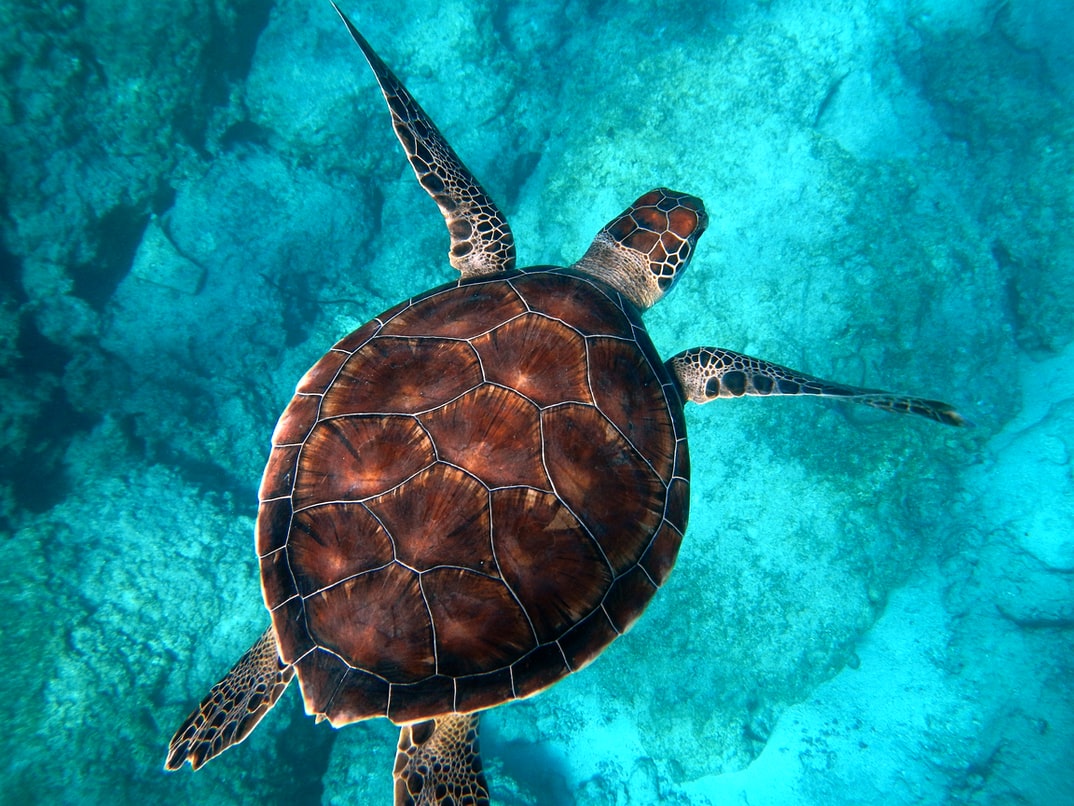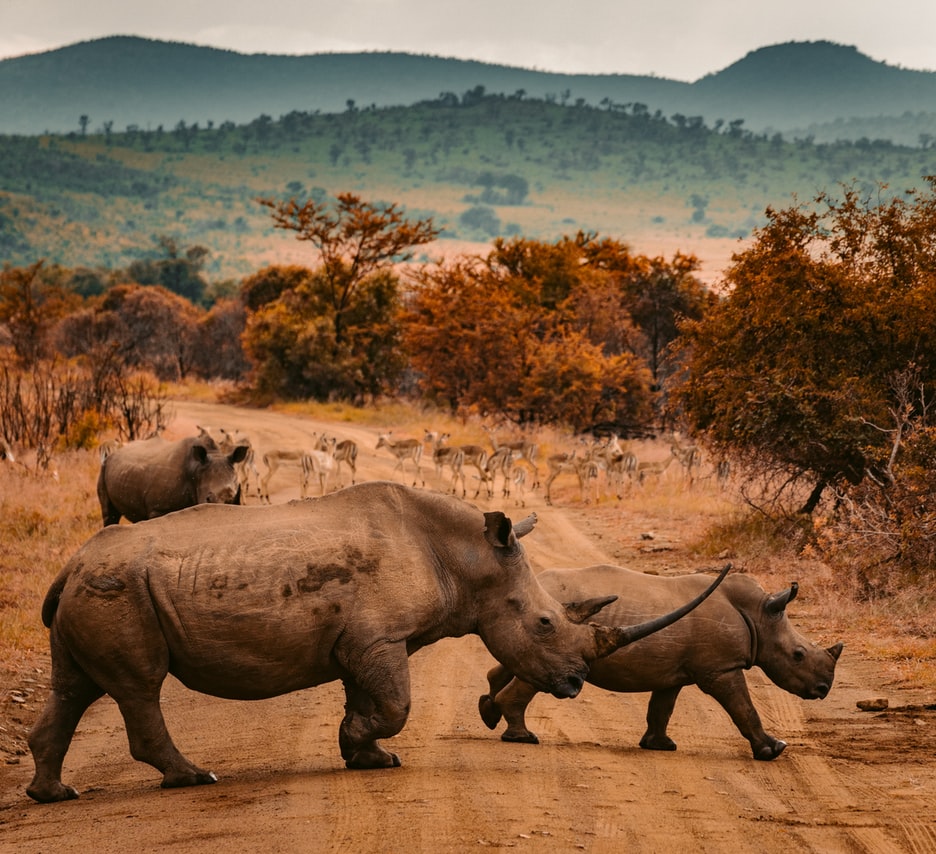
Today, there are few places on the planet where the impact of the people has not been noticed. We have left our footprints on nearly every corner of the globe.
As our population and our needs grow, we are leaving less and less room for wildlife. Wildlife is under threat from many different kind of human activities.
Animals cannot do anything about what happened to them. We, humans, are the source of the problem and we have by changing our bad habits to improve the situation.
It's the case of Kenya, a country in eastern Africa which has a lot of animals endangered for many reasons. First, tourism is one of the biggest responsables of this danger.
With 1.5 million of toursits per year, wildlife is threatened in all parts of Kenya. Seaturtles, for example, beacause of tourists who drive motorized vehicules who polute beaches and oceans with litters
are killing them by making them confuse trash with jellyfish.
Also safari and tour operators affect biodiversity a lot so we try to promote an eco-tourism: responsible practices within the tourism industry.
This entails encouraging the adoption of better actions in the use of tourism ressources working with local communities and managing wastes and emissions.Tourists can enjoy theirs holidays
without affecting animals.
We will try to negociate to reduce the use of chemicals which contaminate lakes and plants. Finally, we have observed that in Kenya, recently, population growth caused urban sparwal.
More and more people are moving everywhere and buying lands. Consequently, the area of the wildlife's habitat shrinks. Animals cannot imigrate so they can't find food and in the same time their habitat is vanishing.
So, we will expand the protected area of habitat of wildlife and like that by eco-tourism, with less chemicals and by setting barriers to the urban sparwal, we will restore the nature to its original state and make humanity smile.
We just have to be responsible.
